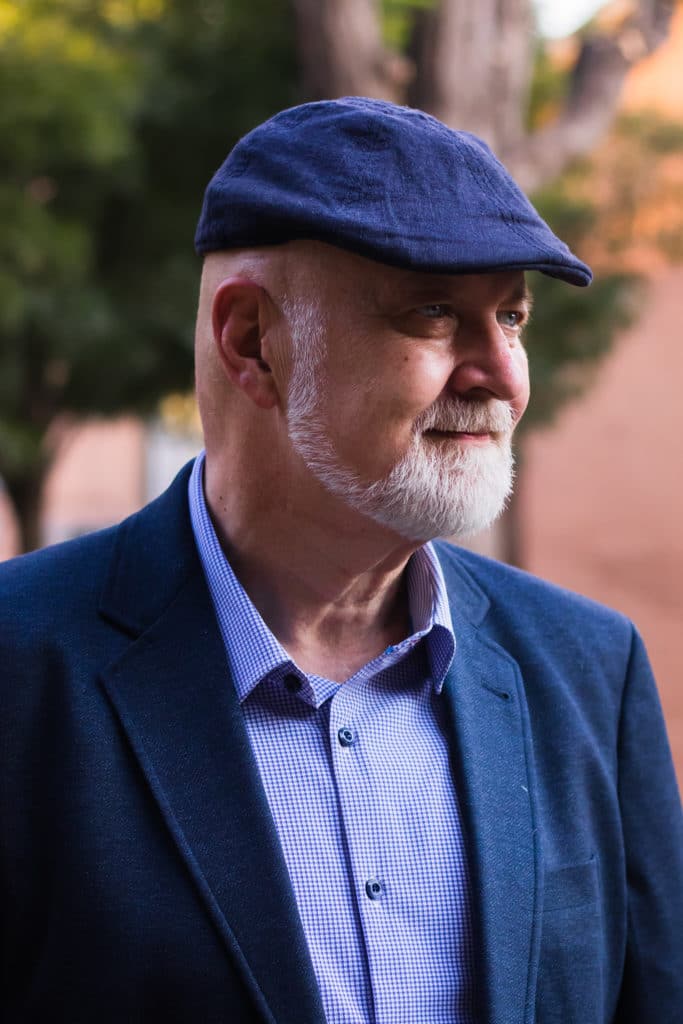Where do you go to dream?
Do you have a place? This physical space is what I call and imaginarium. Some people do it in the shower or while washing dishes or while driving a car. Those can all work, but I wonder, do they work well? How can you put your imaginarium to good use?
Last night my wife was asking me about putting a new painting in our bedroom and wanted one that inspires me to create. That’s nice to have a wife who is supportive. As an artist, you need someone who won’t just encourage you to create, but who will give you the quiet space to do so.
You see, a big problem that creatives have is that when we look out a window with a faraway gaze, there’s usually a boss or a spouse who brings us back to reality with words like, “What are you doing? Get back to work!”
But for a creative, imagining is work.
It’s what we do best, and what people pay us for. When you read one of a book or play a videogame or watch a film that someone has written, it’s like getting a guided tour through someone else’s imagination.
The better the writer’s imagination, the more astouding the tour, and the more money the creator will make.
Most artists and authors I know create what I call an imaginarium. This is a space where the imagination is free to run wild. The artist might put favorite comics on a stand or paintings on a wall. Maybe they have a collection of dragon sculptures on a bookshelf. All of those visuals can be helpful for launching us into a flight of fancy.
Sounds can be helpful, too. I have a nice stereo in my imaginarium, so I can listen to music. For me, movie soundtracks or “mood music” is relaxing, but to be honest, a nature soundtrack also works great, with woodpeckers and thrushes and wind sighing through the trees.
Textures can be important.
I have a soft leather recliner, plush carpets. Scents may help you. I know people who write best when they have a favorite kind of coffee nearby or maybe a scented candle burning.
Whatever you deck your imaginarium out with, it seems to me that there are two essential elements. It isn’t necessarily quiet or solitude. I find that I can write just fine in airports or busy restaurants.
No, what I need first is the freedom to create. I need to be able to get into my headspace and not be interrupted or have my thoughts crowded out by other worries. Unfortunately, that’s not the kind of thing that can easily happen while working at a day job. If every time that you try to take time to brainstorm a story you get yelled at, you’ll soon discover that there is a punishment associated with imagining, and you’ll quit doing it. So I need permission to write, and usually I also need a certain amount of time.
I’ve read several articles lately about the importance of downtime for creatives. You can burn out if you try to do it all the time. You need to ease into it. No one can just “write on command,” I suspect. It takes a little while—usually 20-30 minutes, to get into the writing mindset, imagine your world, populate it with your character, begin thinking about he problems they face, put yourself into their headspace, and begin writing eloquently.
So let’s say that you do have an imaginarium, a place where you can be creative.
What do you with it?
Well, you go there to imagine. But what does “work” consist of for a writer? If you just sit and fume about an insult you got from some troll reviewer, it’s not really very effective, is it?
I suspect that you should set realistic expectations for both yourself and your spouse. If you tell your spouse, “I’m going to go work on my writing,” let your spouse know that this can have different meanings. This might mean that you go to your special place and bang out a chapter or edit a scene. It might mean that you instead just go and research on the internet or read an inspiring book. It might mean that you look at writing a scene from three different points of view, or rehearse how it will go for an hour.
In other words, you may go to write and not get any real work done as far as your spouse will see. That’s okay. Sometimes you have to muddle through things.
When you’re done working, you might want to report on what you did. “I worked on the scene where my Sauron is a little kid and discovers that he’s a necromancer and can talk to the dead. It won’t appear in the book anywhere, but it was important background for my worldbuilding.”
And when you’re done, if you don’t have any pages to show for it, that’s okay. When you revise a scene, you might have to throw away ten drafts to get one really great one. The public really doesn’t need to see the work that you put into a project. They’re only interested in the results.
—

David Farland’s Super Writers Bundle contains all of the writing courses you need to help you brainstorm, plot, compose and revise your novels, along with the his unique system for finding publishers, editors and agents. In addition, you’ll get all of his writing books and seminar as an extra gift if you buy today.








